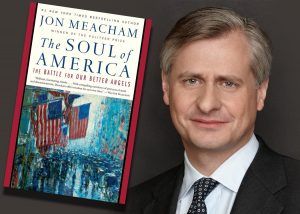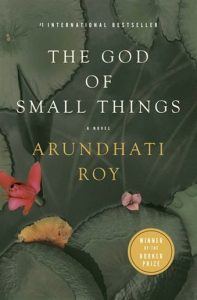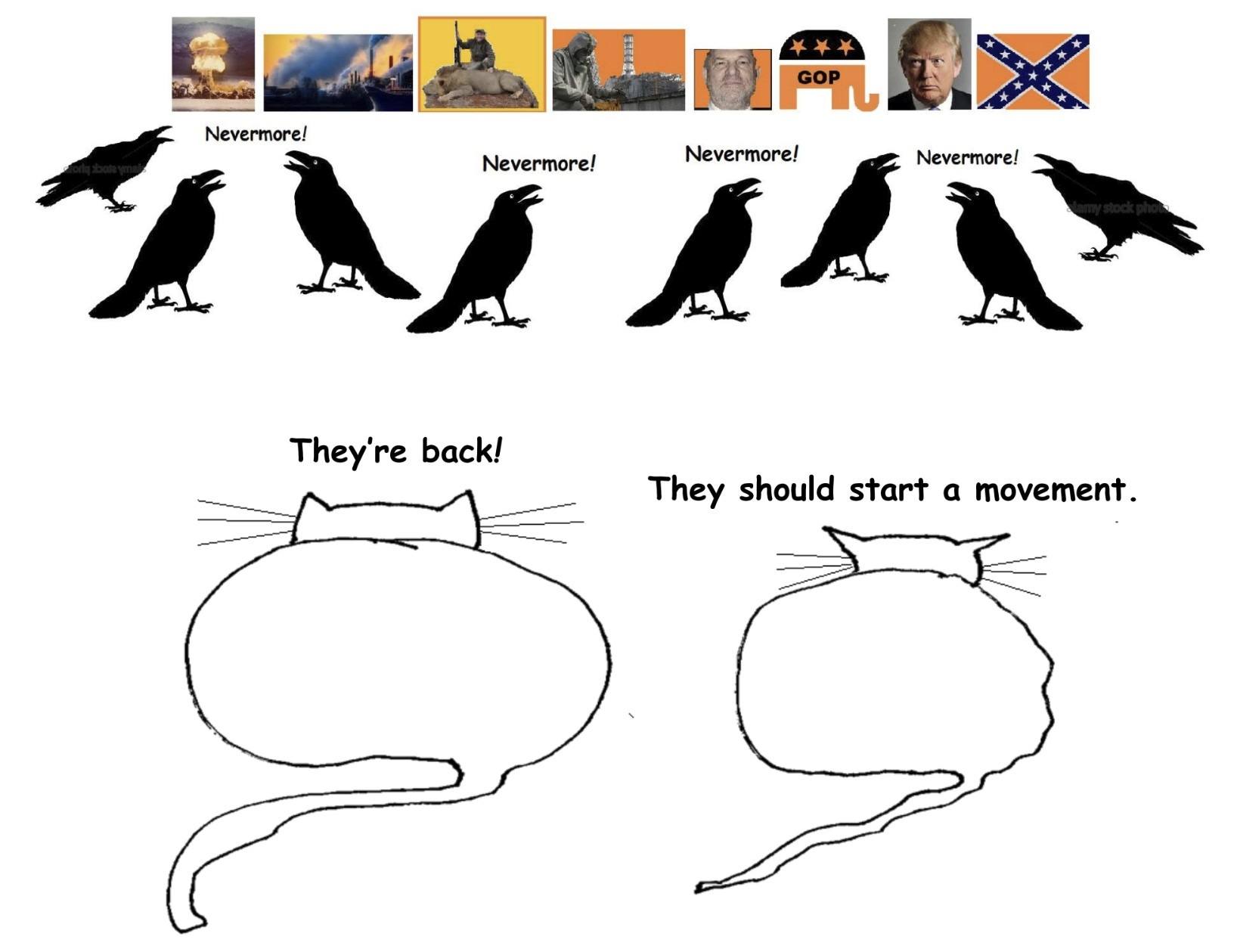by Adele A Wilby
 It is difficult to remember a time over recent decades when a president of the United States (US) has created so much controversy and division within the US and challenged its credibility and standing in international relations as has the incumbent president, Donald Trump. Indeed, so bewildering to many is the election of a former reality TV star and dubious businessman without experience in government, to the high office of president of the US and ‘leader’ of the ‘free’ world, a plethora of literature to account for such a phenomenon has emerged. Similarly, commentaries on evaluations of Trump’s calibre and character, and just how far he is fit for such high office and powerful position in global politics, are plentiful. Jon Meacham’s The Soul of America: The Battle for Our Better Angels can be viewed as a contribution to the literature on those issues.
It is difficult to remember a time over recent decades when a president of the United States (US) has created so much controversy and division within the US and challenged its credibility and standing in international relations as has the incumbent president, Donald Trump. Indeed, so bewildering to many is the election of a former reality TV star and dubious businessman without experience in government, to the high office of president of the US and ‘leader’ of the ‘free’ world, a plethora of literature to account for such a phenomenon has emerged. Similarly, commentaries on evaluations of Trump’s calibre and character, and just how far he is fit for such high office and powerful position in global politics, are plentiful. Jon Meacham’s The Soul of America: The Battle for Our Better Angels can be viewed as a contribution to the literature on those issues.
Meacham is not concerned with examining the many sociological and economic factors that offer explanations as to why the American electorate put Trump in office, nor a critical examination of Trump’s suitability as president of the US. Instead, Meacham informs us Trump is not such an anomaly in terms of presidents of the US; ‘imperfection’, he reassures us, ‘is the rule not the exception’ insofar as US presidents are concerned. What differentiates Trump’s presidency from past imperfect presidents, in Meacham’s view, was their ability to dig deep into themselves and to rise above their personal views in the wider interests of the populace and the nation when required to do so, whereas Trump rarely has.
The history of the US, Meacham’s exposition reveals, is replete with presidents with nefarious political views and social practices that besmirch the US image of its own ‘exceptionalism’. Arguably, US ‘exceptionalism’ lies in the fact its founding fathers and past presidents, at crucial times in the nation’s history, challenged their own political views and veered on the side of social progress. Meacham reveals to us just how far US politics has historically epitomised a struggle between what he refers to as the ‘better angels’ and the ‘darker forces’ within past US presidents for it to emerge as the country it is today, until the election of Trump that is. However, Meacham reassures us that the ‘darker’ side of politics that Trump’s presidency represents for so many, will pass, and with the end of his time in office, the opportunity for the people to elect a president of a different calibre will occur again. How then does Meacham explain the assumption to office of Trump? Read more »



 Last fall, after a day spent hiking around the neighborhood, I ended up back on my porch with my buddy, Chef Mike. We were drinking beers and chatting about life.
Last fall, after a day spent hiking around the neighborhood, I ended up back on my porch with my buddy, Chef Mike. We were drinking beers and chatting about life. The William Penn High School Marching band was a juggernaut, the coolest team in school. Its director, Holman F James, strode the football field, unzipped windbreaker, cigarette dangling, the Greatest Generation’s bandmaster. A sterling musician, he played trumpet and piano, wrote or arranged all the music and choreographed our field shows. He was also a solider, avid outdoorsman and master craftsman, everything Hugh Hefner should have been.
The William Penn High School Marching band was a juggernaut, the coolest team in school. Its director, Holman F James, strode the football field, unzipped windbreaker, cigarette dangling, the Greatest Generation’s bandmaster. A sterling musician, he played trumpet and piano, wrote or arranged all the music and choreographed our field shows. He was also a solider, avid outdoorsman and master craftsman, everything Hugh Hefner should have been.
 A bit of self indulgence – also a kind of preface to all the 3 Quarks Daily
A bit of self indulgence – also a kind of preface to all the 3 Quarks Daily 


 1. Bored, and with little to occupy their time, two cousins, Elsie, who was 16, and Frances, who was 10, decided to play around with photography. At a river near where they lived, they manipulated an image so that it looked as if they were interacting with little, magical winged creatures — fairies.
1. Bored, and with little to occupy their time, two cousins, Elsie, who was 16, and Frances, who was 10, decided to play around with photography. At a river near where they lived, they manipulated an image so that it looked as if they were interacting with little, magical winged creatures — fairies.

 Two weeks ago, Maniza Naqvi evocatively wrote here on the resonance of a mythological rape in the eventual confirmation of Brett Kavanaugh to the US Supreme Court (
Two weeks ago, Maniza Naqvi evocatively wrote here on the resonance of a mythological rape in the eventual confirmation of Brett Kavanaugh to the US Supreme Court ( Middle age brings sometimes uncomfortable self-reflection. One thing I have realized is that I am not a particularly good person. Not evil, just mediocre. Lots of people are much better at morality than me, including many of my students. On the other hand, I am quite good at the academic subject of ethics. Good enough to teach it at a university and write papers that occasionally appear in nice journals.
Middle age brings sometimes uncomfortable self-reflection. One thing I have realized is that I am not a particularly good person. Not evil, just mediocre. Lots of people are much better at morality than me, including many of my students. On the other hand, I am quite good at the academic subject of ethics. Good enough to teach it at a university and write papers that occasionally appear in nice journals.
 How conceivable is this? Trump loses the 2020 US presidential election. But he refuses to concede, claiming that results in the swing states of Ohio and Florida were invalid due to voter fraud and crooked election officials. Fox News, other right-wing media and the Republican controlled congress go along with this. So Trump remains president until, in the words of Senate leader Mitch McConnell, “we are able to clear up this mess.” Clearing up the mess, it turns out, could take some time–even longer than it takes for Trump to fulfill his promise to release his tax returns. Law suits are brought, but guess what? By a 5 to 4 majority, the supreme court refuses to hear them.
How conceivable is this? Trump loses the 2020 US presidential election. But he refuses to concede, claiming that results in the swing states of Ohio and Florida were invalid due to voter fraud and crooked election officials. Fox News, other right-wing media and the Republican controlled congress go along with this. So Trump remains president until, in the words of Senate leader Mitch McConnell, “we are able to clear up this mess.” Clearing up the mess, it turns out, could take some time–even longer than it takes for Trump to fulfill his promise to release his tax returns. Law suits are brought, but guess what? By a 5 to 4 majority, the supreme court refuses to hear them. Although wine writing takes diverse forms, wine evaluation is a persistent theme of much wine writing. When particular wines, wineries or vintages are under discussion, at some point the writer will typically turn to assessing wine quality. The major publications devoted to wine include tasting notes that not only describe a wine but indicate its quality, often with the help of a numerical score, and most wine blogs and online wine magazines include a wine evaluation component that is central to their mission.
Although wine writing takes diverse forms, wine evaluation is a persistent theme of much wine writing. When particular wines, wineries or vintages are under discussion, at some point the writer will typically turn to assessing wine quality. The major publications devoted to wine include tasting notes that not only describe a wine but indicate its quality, often with the help of a numerical score, and most wine blogs and online wine magazines include a wine evaluation component that is central to their mission.
